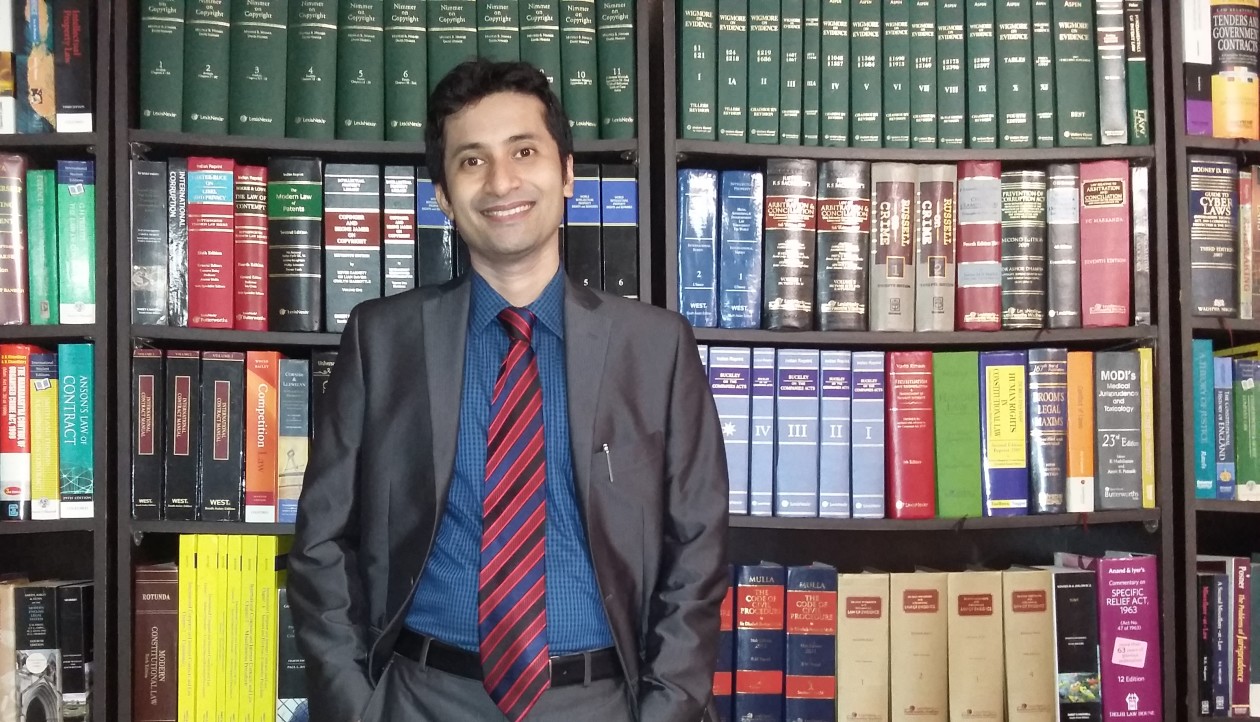Convicted Congolese warlord Jean-Pierre Bemba Gombo received a huge setback recently when the Trial Chamber of the International Criminal Court on May 5, 2017 rejected his appeal which urged the Court not to continue with reparation proceedings till his pending appeal was decided. In the case of the Prosecutor v. Jean-Pierre Bemba Gombo, decision on the defence’s request to suspend the reparations proceedings, the Court observed that Article 75 of the Rome Statute gives the Chamber the power to make a reparations order against any convicted person.
Post the conviction and the order on sentence, in July 2016 the Chamber made an order requesting submissions relevant to reparations and in October 2016 the Prosecution, Defence, Legal Representative of Victims (LRV), Office of Public Counsel for Victims (OPCV), Trust Fund for Victims (TFV) and the Registry filed their observations on reparations. Finally in February 2017, the Chamber issued an order inviting submissions on experts to assist the Chamber in its determinations on reparations.
The defence team of Bemba Gombo urged the Chamber to refrain from instructing expert witnesses and to suspend the reparations process at the latest after the selection of any expert(s) and the finalisation of any letter of instruction as it argued that it was inconsistent with the rights of the accused as it operated as an effective presumption of guilt and also placed a heavy burden on the defence’s resources. It argued that even in the Katanga case, the reparation proceedings started only after the withdrawal of the appeals when the LRVs asked the Chamber to set a schedule for filing observations on the principles for reparations in August 2014, two months after the parties had withdrawn their appeal.
It further argued that as reparation orders were intrinsically linked to the individual whose criminal responsibility was established in a conviction and whose culpability for these criminal acts was determined in a sentence and that an accused should not have to remedy harms that are not the result of the crimes for which he was convicted, continuing with the reparations process whilst there was an extant live appeal against conviction was inappropriate.
But the Chamber refused holding that the Appeals Chamber in Prosecutor v Lubanga (Judgment on the appeals against the “Decision establishing the principles and procedures to be applied to reparations”) had identified five constitutive elements, which, at a minimum, must be contained in an order for reparations: 1) it must be directed against the convicted person; 2) it must establish and inform the convicted person of his or her liability with respect to the reparations awarded in the order; 3) it must specify, and provide reasons for, the type of reparations ordered, either collective, individual or both; 4) it must define the harm caused to direct and indirect victims as a result of the crimes for which the person was convicted, as well as identify the modalities of reparations that the Trial Chamber considers appropriate based on the circumstances of the specific case before it; and 5) it must identify the victims eligible to benefit from the awards for reparations or set out the criteria of eligibility based on the link between the harm suffered by the victims and the crimes for which the person was convicted. For addressing these elements the Chamber needed to take a number of preparatory steps. Also the legal texts of the Court contemplated that reparation proceedings may commence in parallel to a pending appeal. Referring to the established practice that preparatory steps to facilitate and expedite the reparations proceedings are launched following a conviction, it held that the issuance of a reparations order is not prejudicial to the rights of the convicted person irrespective of whether there is an appeal against the conviction decision.
The Chamber further observed that in the present proceedings reparations were only at a preliminary stage. Finally Article 64(3)(a) of the Rome Statute gave the Trial Chamber the power to suspend the proceedings if this was necessary to facilitate the fair and expeditious conduct of the proceedings. But suspending the reparations case would in fact be fatal to the fair and expeditious conduct of the proceedings. It held that the suspension of all reparations proceedings until after the Appeals Chamber had rendered its decision would substantially impact the victims’ interests to access reparations in a timely manner. Thus the Court disallowed the relief sought by Bemba Gombo.
